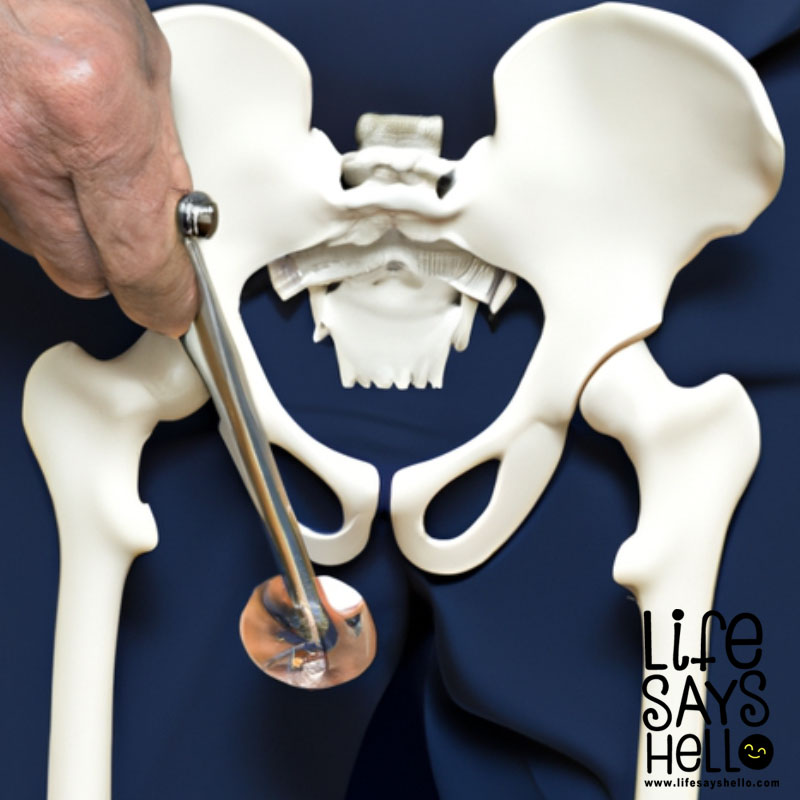A Comprehensive Guide to Down Syndrome Diagnosis: Prenatal, Postnatal, and Support

In this comprehensive guide, we'll explore the various methods of diagnosing Down Syndrome, from prenatal testing to postnatal examinations, and the importance of early intervention and support for affected families.
Down Syndrome, also known as trisomy 21, is a genetic condition caused by the presence of an extra copy of chromosome 21 in an individual's cells. This condition affects approximately 1 in every 700 babies born in the United States and can lead to varying degrees of intellectual disability, physical abnormalities, and health issues. Early diagnosis of Down Syndrome is crucial to ensure that affected individuals receive the proper care and support they need to reach their full potential.
In this comprehensive guide, we'll explore the various methods of diagnosing Down Syndrome, from prenatal testing to postnatal examinations, and the importance of early intervention and support for affected families.
Prenatal Screening and Diagnostic Testing
Prenatal testing is an essential part of monitoring the health of both the mother and the developing fetus during pregnancy. When it comes to Down Syndrome, there are two types of prenatal tests: screening tests and diagnostic tests. Screening tests estimate the likelihood of the fetus having Down Syndrome, while diagnostic tests provide a definitive answer by examining the baby's genetic material.
Types of Prenatal Screening Tests
First Trimester Screening
This screening test is typically performed between the 11th and 14th week of pregnancy. It combines a blood test, which measures the levels of specific proteins and hormones in the mother's blood, and an ultrasound examination called nuchal translucency screening. The ultrasound measures the thickness of the fluid-filled space at the back of the fetus's neck, which can be an indicator of Down Syndrome or other chromosomal abnormalities. The results of these tests are combined with the mother's age to estimate the risk of the baby having Down Syndrome.
Second Trimester Screening
Also known as the quad screen or multiple marker screening, this blood test is performed between the 15th and 22nd week of pregnancy. It measures the levels of four substances in the mother's blood: alpha-fetoprotein (AFP), human chorionic gonadotropin (hCG), unconjugated estriol (uE3), and inhibin A. Abnormal levels of these substances can indicate an increased risk of Down Syndrome or other chromosomal abnormalities. Like the first trimester screening, the results are combined with the mother's age to estimate the risk.
Cell-free Fetal DNA Testing (NIPT)
Non-invasive prenatal testing (NIPT) is a relatively new screening method that analyzes small fragments of fetal DNA circulating in the mother's blood. This test can be performed as early as the 10th week of pregnancy and has a higher accuracy rate than traditional screening tests. NIPT can detect the presence of an extra copy of chromosome 21, indicating Down Syndrome, as well as other chromosomal abnormalities. However, it's important to note that NIPT is not a diagnostic test and cannot provide a definitive diagnosis.
Types of Prenatal Diagnostic Tests
Chorionic Villus Sampling (CVS)
CVS is an invasive diagnostic test performed between the 10th and 13th week of pregnancy. During this procedure, a small sample of cells is taken from the placenta, either through the cervix or the abdominal wall, using a thin needle or a catheter. The collected cells are then analyzed for the presence of an extra copy of chromosome 21. CVS carries a small risk of miscarriage, and it's important to discuss the benefits and risks with your healthcare provider.
Amniocentesis
Amniocentesis is another invasive diagnostic test, typically performed between the 15th and 20th week of pregnancy. During this procedure, a small amount of amniotic fluid is extracted from the uterus using a thin needle inserted through the abdominal wall. The amniotic fluid contains fetal cells, which are then analyzed for chromosomal abnormalities. Like CVS, amniocentesis carries a small risk of miscarriage.
Percutaneous Umbilical Blood Sampling (PUBS)
PUBS, also known as cordocentesis, is a less common diagnostic test, usually reserved for cases where other tests have provided unclear results. Performed after the 18th week of pregnancy, this procedure involves taking a blood sample from the umbilical cord using a thin needle inserted through the abdominal wall. The fetal blood is then analyzed for chromosomal abnormalities. PUBS carries a higher risk of miscarriage compared to CVS and amniocentesis and is typically only recommended in specific situations.
Postnatal Diagnosis
While prenatal testing can provide valuable information about the likelihood of a baby having Down Syndrome, a postnatal diagnosis is necessary to confirm the condition after birth.
Physical Examination and Characteristic Features of Down Syndrome
Upon birth, a healthcare provider will perform a physical examination of the baby to look for characteristic features associated with Down Syndrome. Some of these features may include:
- Flattened facial features, particularly the nose
- Upward-slanting eyes with small skin folds on the inner corners (epicanthal folds)
- Small, abnormally shaped ears
- A single crease across the palm of the hand (palmar crease)
- Low muscle tone (hypotonia)
It's important to note that not all babies with Down Syndrome will exhibit all these features, and the presence of one or more of these features does not necessarily indicate the presence of Down Syndrome.
Chromosomal Analysis (Karyotyping)
To confirm a diagnosis of Down Syndrome, a blood sample is taken from the baby, and the cells are analyzed for the presence of an extra copy of chromosome 21. This test, called karyotyping, provides a definitive diagnosis of Down Syndrome.
FISH (Fluorescence In Situ Hybridization) Test
In some cases, a FISH test may be performed in addition to karyotyping. This test uses fluorescent probes that bind to specific regions of the chromosomes, allowing healthcare providers to visualize the chromosomes under a microscope. The FISH test can quickly confirm the presence of an extra copy of chromosome 21 and is particularly useful in cases where a rapid diagnosis is needed, such as when a baby is born with severe health issues.
The Role of Genetic Counseling
Genetic counseling plays a crucial role in helping families understand and cope with a Down Syndrome diagnosis. A genetic counselor is a healthcare professional with specialized training in medical genetics and counseling, providing guidance and support to families affected by genetic conditions.
During a genetic counseling session, the counselor will:
- Explain the nature of Down Syndrome and its potential impacts on the child's development and health
- Discuss the results of prenatal and postnatal testing
- Provide information about available resources, support groups, and early intervention services
- Help families make informed decisions about future pregnancies and family planning
Early Intervention and Support
Early intervention is essential for children with Down Syndrome, as it can significantly improve their cognitive, motor, and social development. Early intervention services may include:
- Physical therapy to improve muscle strength and coordination
- Occupational therapy to develop daily living skills
- Speech and language therapy to enhance communication abilities
- Special education services to support learning and cognitive development
In addition to early intervention services, it's crucial for families to have access to support resources. These may include:
- Local and national Down Syndrome organizations, such as the National Down Syndrome Society (NDSS) and the Down Syndrome Association (DSA)
- Support groups for parents and caregivers of children with Down Syndrome
- Online forums and social media groups where families can share experiences and advice
Conclusion
Understanding the process of diagnosing Down Syndrome, from prenatal screening to postnatal confirmation, is essential for families affected by this genetic condition. Early diagnosis and intervention can significantly improve the quality of life for individuals with Down Syndrome, enabling them to reach their full potential. By seeking support and resources, families can navigate the challenges and joys of raising a child with Down Syndrome, fostering a loving and inclusive environment for their child to thrive.




Comments